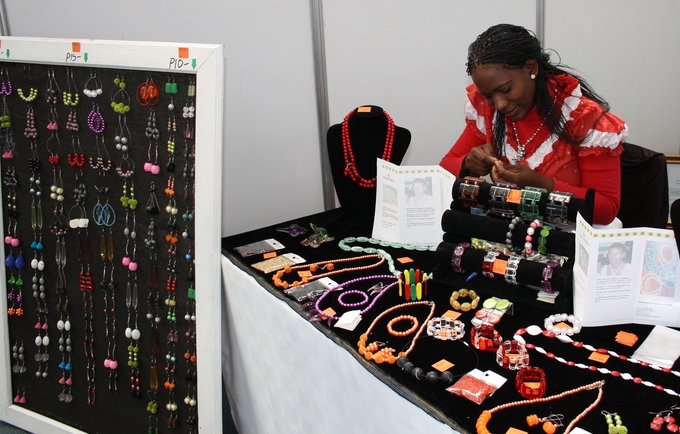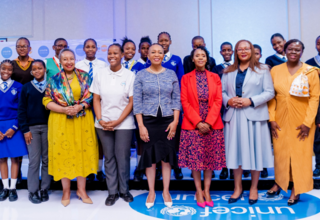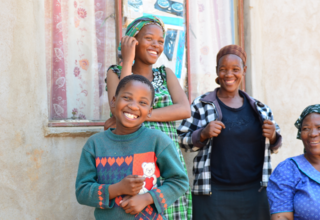Gender equality is a human right and it is a central principle of UNFPA’s work. Promotion of gender equality and non-discrimination is a key factor in achieving universal access to SRH, realization of reproductive rights, reduction of poverty, prevention of HIV & other STIs, and achievement of sustainable development. The importance of gender equality is underscored by its inclusion as one of the 17 Sustainable Development Goals (SDG 5). Gender equality is acknowledged as being a precondition to achieving seven other SDGs. Empowerment of women is a key component towards achievement of gender equality. Women are entitled to live with dignity and with freedom from want and from fear. Empowered women contribute to the health and productivity of whole families and communities, and they improve prospects for the next generation.
Discrimination against women and girls across societies - including gender-based violence, economic discrimination, reproductive health inequities, and harmful traditional practices - remains the most pervasive and persistent form of inequality. Women and girls bear enormous hardship during and after humanitarian emergencies, especially armed conflicts. Despite solid evidence that demonstrate the centrality of women’s empowerment to reducing poverty, promoting development and addressing the world’s most urgent challenges, gender equality remains an unfulfilled promise.
Therefore, UNFPA aims to empower all women to exercise their rights and make choices. UNFPA promotes gender mainstreaming and address critical factors behind inequalities and human rights violations with a focus on promoting legal and policy reforms, addressing gender-based violence, and involving men and boys in promoting gender equality and improving reproductive health.




